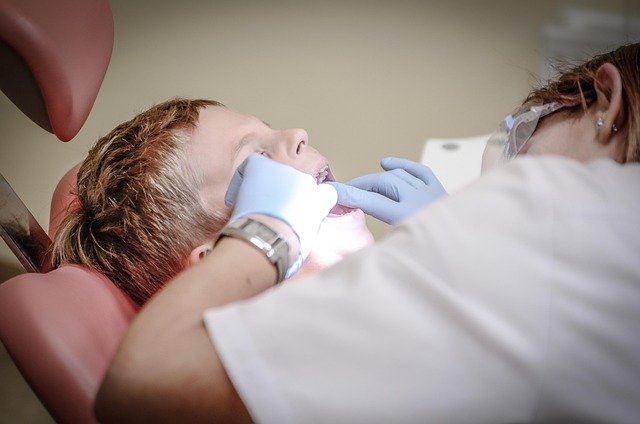Dental Implants in Canada 2025: Procedure, Cost, Benefits, Eligibility, and Aftercare
Dental implants preserve jawbone health and provide stable, natural-looking tooth replacements. This 2025 guide for Canadians explains the implant procedure, typical costs, benefits, eligibility criteria, and aftercare to help you make informed decisions about tooth replacement options.

Missing teeth can significantly impact both oral health and quality of life, affecting everything from eating and speaking to self-confidence. Dental implants have emerged as a leading solution for tooth replacement, providing Canadian patients with a durable and natural-looking option that can last decades with proper care.
What Are Dental Implants and How Do They Function?
Dental implants are titanium posts surgically placed into the jawbone to replace missing tooth roots. These biocompatible screws integrate with the bone through a process called osseointegration, creating a stable foundation for artificial teeth. The implant consists of three main components: the titanium post that anchors into the jawbone, an abutment that connects to the post, and a crown that serves as the visible tooth replacement. This three-part system mimics the natural tooth structure, providing stability and functionality that closely resembles natural teeth.
Overview of the Dental Implant Procedure
The dental implant process typically occurs in multiple stages over several months. Initial consultation involves comprehensive examination, X-rays, and treatment planning to determine bone density and implant placement. During the surgical phase, the oral surgeon creates a small incision in the gum tissue and drills a precise hole into the jawbone for implant placement. Following surgery, a healing period of three to six months allows the implant to integrate with the bone. Once integration is complete, the abutment is attached, and impressions are taken for the custom crown. The final restoration is then secured to complete the implant process.
Understanding Dental Implant Costs Across Canada
Dental implant costs in Canada vary significantly based on location, complexity, and additional procedures required. The investment reflects the advanced technology, materials, and expertise involved in the treatment process.
| Procedure | Provider Type | Cost Estimation (CAD) |
|---|---|---|
| Single Implant | General Dentist | $3,000 - $5,000 |
| Single Implant | Oral Surgeon | $4,000 - $6,500 |
| All-on-4 Treatment | Specialist Clinic | $15,000 - $25,000 |
| Bone Grafting | Oral Surgeon | $500 - $2,000 |
| Sinus Lift | Specialist | $1,500 - $3,000 |
Prices, rates, or cost estimates mentioned in this article are based on the latest available information but may change over time. Independent research is advised before making financial decisions.
Factors influencing cost include the number of implants needed, bone quality requiring additional procedures like grafting, geographic location within Canada, and whether insurance coverage applies. Many dental offices offer financing options to help patients manage the investment over time.
Advantages of Dental Implants Over Other Tooth Replacement Methods
Dental implants offer numerous advantages compared to traditional dentures and bridges. Unlike removable dentures, implants provide permanent stability that eliminates concerns about slipping or clicking during eating and speaking. They preserve jawbone structure by providing stimulation that prevents bone loss, a common issue with missing teeth. Implants also protect adjacent healthy teeth since they don’t require grinding down neighboring teeth for support, as bridges do. The natural appearance and feel of implants boost confidence and allow patients to enjoy their favorite foods without restrictions. Additionally, implants are easier to maintain with regular brushing and flossing, unlike dentures that require special cleaning solutions and adhesives.
Who Qualifies for Dental Implants in Canada?
Ideal candidates for dental implants must meet specific health and anatomical requirements. Sufficient bone density and volume in the jaw are essential for successful implant integration, though bone grafting can address deficiencies in many cases. Good overall health is crucial, as certain medical conditions like uncontrolled diabetes or autoimmune disorders may affect healing. Non-smokers or those willing to quit have better success rates, as smoking significantly impairs healing and increases failure risk. Patients must demonstrate commitment to excellent oral hygiene and regular dental visits for long-term implant success. Age is generally not a limiting factor, with successful implants placed in patients from late teens through elderly years, provided they meet health requirements.
Dental implants represent a significant advancement in restorative dentistry, offering Canadian patients a reliable solution for missing teeth. While the initial investment may be substantial, the long-term benefits of improved oral health, functionality, and quality of life make implants a valuable consideration for eligible candidates. Consulting with qualified dental professionals helps determine individual suitability and develop personalized treatment plans for optimal outcomes.




